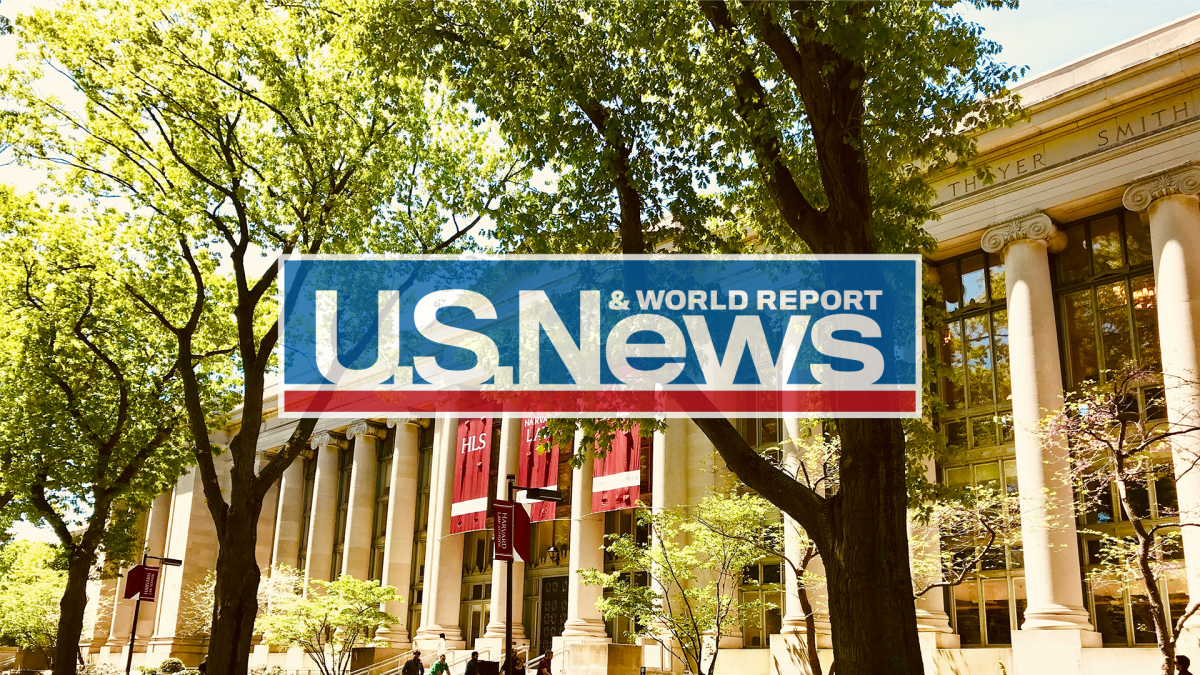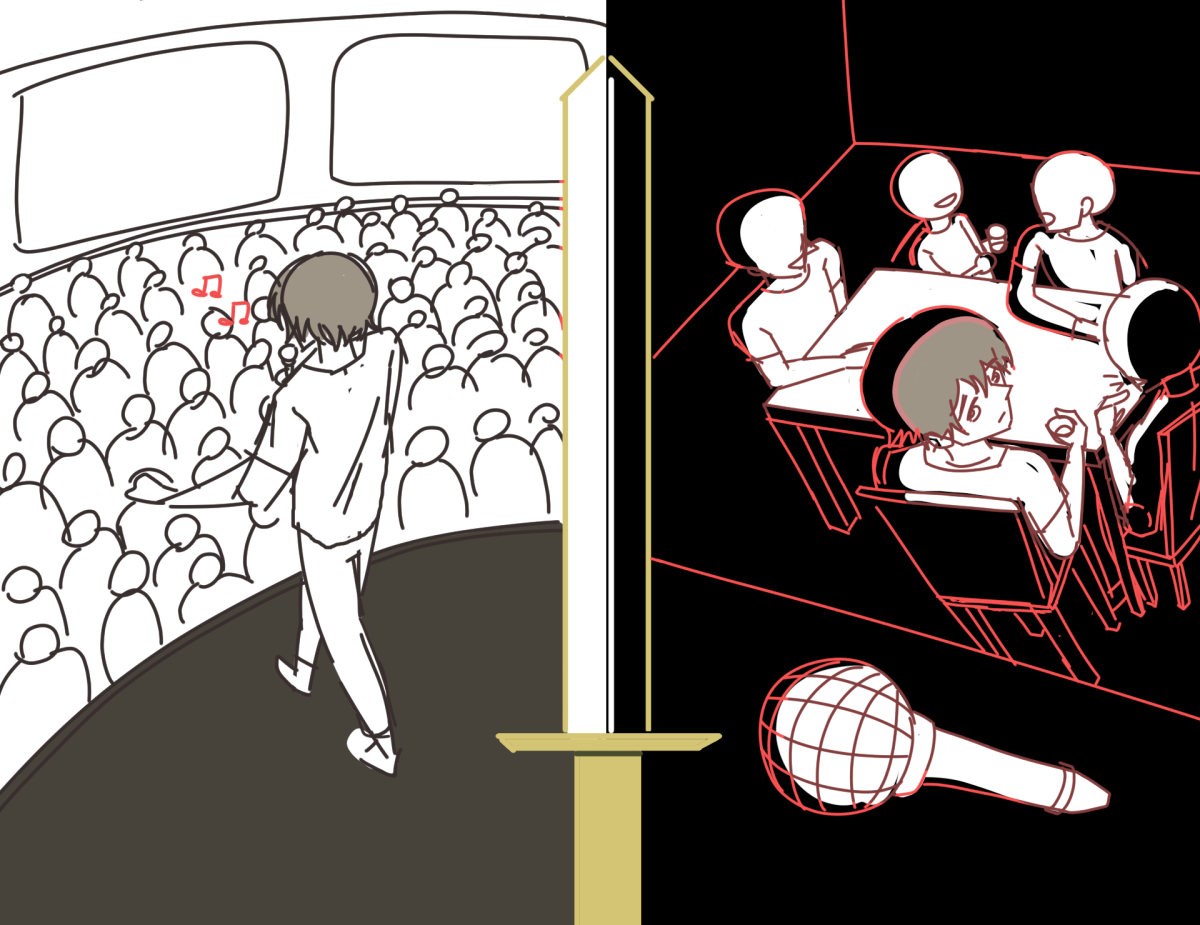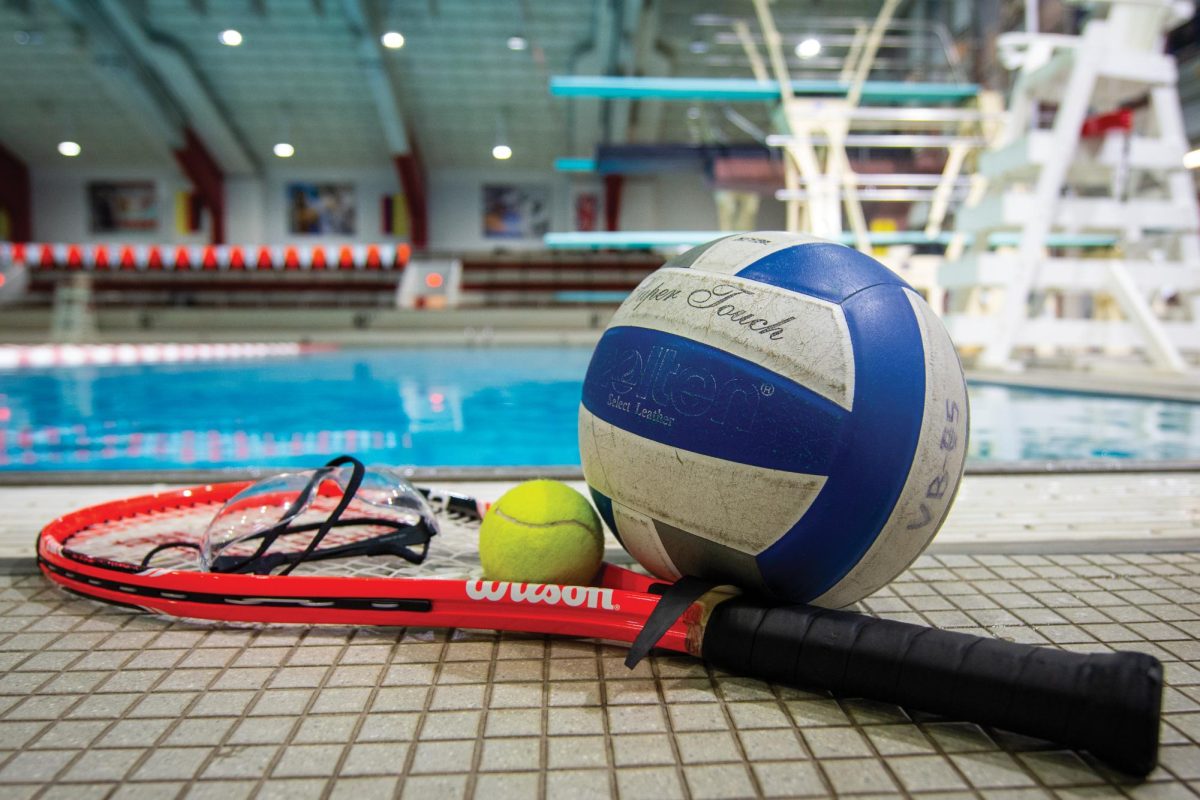It’s almost February, which means Student Government elections are coming up. According to the Student Government website, filings for candidacy will begin Friday. 2018 is also significant for being a national election year, for which the primaries will occur in May, according to the Wake County Board of Elections.
As a precondition for running, Student Government candidates are required to read the election handbook, posted on the Student Government website. This manual provides an interesting description of the rules and regulations surrounding student elections. Reading through these, I was struck by the profound commitment to maintaining fair elections — a commitment that exceeds that presented by our real, national elections.
Not only does the handbook contain the usual language barring any attempts to corrupt the voting process, it provides safeguards against inequalities caused by candidates’ differing access to resources, both monetary and organizational. Candidates are limited to a fixed sum of money in providing for their campaigns, from $200 for senators to $800 for a joint president-vice president ticket.
This regulation is notable, as it prevents students who have more personal resources or connections to resources from having an unfair advantage in publicity. The rules permit fundraising activities, so candidates do not have to foot the bill themselves. Yet it requires that all donations be recorded and penalizes attempts to obscure the true source of the resources, monetary and otherwise. These records are made publicly available by the Board of Elections.
By contrast, in national elections, entities known as Super PACs are allowed to raise unlimited sums of money from individuals, corporations, and unions to support candidates and causes, provided they do not coordinate with any campaigns, according to ABC. As a result, candidates can be severely disadvantaged by having fewer donors than their opponents, and so have every incentive to flirt with as many sources of funding as possible, including industry groups and other special interests.
Although admittedly, a Student Government election is very unlikely to be the focus of millions in obscure spending, regardless of the finance rules, the existence of these rules is an important display of support for equitable elections.
Our national and state elections could gain much from other aspects of Student Government elections. Chiefly among these is the ease of access to voting. Student Government elections are conducted entirely online. All NC State students are automatically eligible to vote, and are likely to be reminded by a HOWL.
While an online election would probably be a security nightmare for even local elections, automatic registration would be a valuable policy for ensuring that all those who are interested in voting are able. The government already keeps rolls of citizens for Social Security and taxation purposes, so maintaining voter registration at either the state or national level would be no impossible feat.
Despite the fact that Student Government elections are not greatly impactful in the grand scheme of things, our Board of Elections places a high priority on their integrity and fairness. Our government could substantially improve its performance on elections by implementing some of the policies NC State has already established.








